Folders |
Science in sportPublished by
Do sport scientists know much about science but little about sport? Eleanor Jones discussesAthletes such as Mo Farah and Hannah England make the use of the services of a team of backroom staff, including sport scientists. However, cyclist Mark Cavendish has suggested that they know a lot about science, but nothing about sport!” Is he right though? What do they do?Sports science is an umbrella term that means anything to do with the science in sport. In a performance context, a sport scientist can help you to improve your performance and realise your goals. They may specialise in one of several areas: Biomechanics (forces, technique analysis) What can I expect?You will need an initial consultation to establish your history or background, goals and experience. The sport scientist will then see how you measure up” against the optimal taking into account what can be realistically achieved with things such as your age and training volume. They will then work out a plan of action and how they are going to work with you. It might include gathering objective data (which they should share with you) like filming your take-off or doing some field testing. You should get some recommendations off the back of this. It might be technique pointers, accurate training zones, or a recommendation to change distance. How long does it take?This process is similar to the coaching cycle (plan do review) and may take days, but more likely it will be a long-term relationship lasting weeks or even months. Hopefully, as you go through the cycle you will see progress towards your stated aims. How do you know if they re any good?
A fully accredited sport scientist will have more than seven years of education and supervised work experience (see chart, right) where their work is regularly assessed. Upon the acceptance of their final accreditation submission they are able to call themselves a BASES-accredited practitioner. A similar scheme is run by the British Psychological Society (BPS) for sports psychologists. ConclusionAs a sport scientist myself, I am obviously biased, but a good professional will not only have excellent scientific knowledge, they will have a working knowledge of sport and are usually very passionate about sport in general and in many cases one particular sport. However, they know how to apply the science to a specific sport and the individual athlete in particular so that they can benefit from many different aspects. All governing bodies worldwide employ sport scientists and that is probably testament that they are needed and do a stellar job ask Mo Farah and Hannah England for their thoughts! How can I find a sport scientist?Try the following: bases.org.uk/directories or bps.org.uk/bpslegacy/dcp Eleanor Jones is senior sport scientist at the University of Birmingham and a BASES-accredited sport scientist with an IOC diploma in sports nutrition The post Science in sport appeared first on Athletics Weekly. Read the full article at: www.athleticsweekly.com
More news |
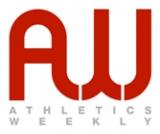
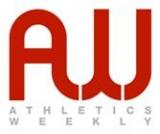
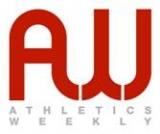
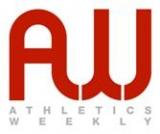
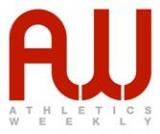
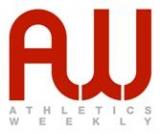
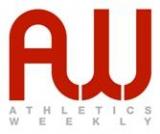
 There are a lot of sport scientists” around as it is not a protected title. However, not all of these will necessarily have the knowledge base, skills or experience of working with athletes.
There are a lot of sport scientists” around as it is not a protected title. However, not all of these will necessarily have the knowledge base, skills or experience of working with athletes.